It was an unusual birthday present, having green gunk syringed into my ears in a Harley Street consulting room. But my girlfriend’s heart was in the right place. And so, now, should my hearing levels be the next time I go to a gig — the result, and my surprise gift, a bespoke set of decibel-reducing earplugs that “turn down” the volume of amplified music without impairing its fidelity.
The woman doing the gunking (my girlfriend had merely written the cheque) was Geraldine Daly, audiologist to the stars and to pop writers like me. She was taking a mould of each of my lugholes so my earplugs fitted perfectly. I need them because — like 10% of adults in Britain — I have persistent tinnitus, that ringing sound you can get after listening to loud music, and I don’t want it to worsen. Typically, the condition passes after a few hours, but in one in 10 cases, the sonic hangover never leaves you. And there is no cure.
For decades, musicians and music fans took tinnitus on the chin, or rather on the tympanic membrane. Some even regarded it as a badge of honour, their “tinnitus buzz”. Now most wellknown bands are aware of the dangers of loud music, and in-ear monitors that lessen ambient noise on stage are the industry standard. Yet, as Daly’s colleague Paul Checkley says, 90% of those tested at Musicians’ Hearing Services have some degree of hearing loss if they already have tinnitus. Dido, Coldplay, Plan B, Pete Townshend and New Young Pony Club are among the company’s clients. Despite the efforts of the British Tinnitus Association (BTA) and the Royal National Institute for Deaf People’s Don’t Lose the Music campaign, the general public is far less clued up.
While old age, stress and genetic predisposition can bring it on, the most common cause of tinnitus is prolonged exposure to amplified music above 85 decibels (dB), whether that’s at home, at a gig, in the car or on personal headphones (which can peak at 115dB). Eighty-five decibels, roughly equivalent to busy city traffic, is deemed a safe daily limit (averaged over an eight-hour working day) for unprotected ears. Decibels, however, are measured on a logarithmic scale, so every 3dB increase of intensity represents a doubling of loudness and, consequently, a halving of safe exposure time. Do the maths and a rock show, at 110dB, is safe without protection for barely two minutes. Spinal Tap might have loved to crank their amps up to 11, but here the joke is on us.
Eddy Temple-Morris, a DJ/producer and BTA advocate, is angry that the risks of loud music receive so little publicity.
“I used to think the ringing noise, tinnitus, was part and parcel of going to a gig. Nobody — not the government, not my GP, not anybody — told me that one day the noise would never go away. The government spends a gazillion quid on warning people not to burn themselves with fireworks on Bonfire Night. Fair enough, but 10% of the country don’t burn themselves with fireworks. There should at least be posters telling people they could permanently damage their ears simply by being at a venue.”
After I’d spoken to Temple-Morris, he mentioned the interview on Twitter, and the war stories tumbled forth. @DJDanCook tweeted: “Horrendous tinnitus-induced insomnia last night.” And @orangewarrior chimed in: “It actually gets a bit better after you’ve worn ER-15s [the medium strength fitted earplugs] for a while. Never goes away, but I noticed an improvement.” For some, though, it’s already too late. Temple-Morris says that his friend Erol Alkan, a DJ, has lost 40% of his hearing in one ear.
What exactly is tinnitus? Nobody knows for sure. Loud music leaves the hair cells of the cochlea all shook up. What happens next is either that we start to pick up what Checkley describes as “excess electrical activity in the auditory system” — internal static, if you will — or that the brain, as Checkley puts it, “anticipates a response from those hair cells and, not receiving it, or getting it at a lower level than expected, generates a signal to compensate for it”. What tinnitus sufferers “hear” is an individual perception: mine blares like a whistling kettle, only not as shrill; others report clicking, hissing and roaring noises. Most of us can learn to tune them out, but folk with chronic tinnitus want to run head first into walls.
As for whether tinnitus can lead to deafness, Daly says: “Tinnitus does not necessarily mean that there is impending hearing loss. Yet, if the sufferer continues to be exposed to the same levels of noise, there is every chance the tinnitus will get worse.” Noise-induced hearing loss means you lose frequencies of 4kHz and above.
As Checkley explains, that’s all the “ck-th-ssh-sss” consonant sounds vital to understanding what is being said to us. Some musicians he treats have hyperacusis, an abnormal growth of loudness in the cochlea, “which is even worse than tinnitus”.
“It’s the best £175 I’ve ever spent,” Temple-Morris says of his custom-made plugs. “You can still hear the sizzle of a high-hat, the boom of a kick drum and all the midrange frequencies.” They work by filtering the sound, taking the edge off the volume by an order of 9dB, 15dB or 25dB. I was advised to go for the ER-15s, meaning my safe listening limit has, in effect, been increased to eight hours at 100dB. But if an arena rock concert lasts two hours and hits 110dB, doing the logarithmic calculation, won’t I be “at risk” for the second half of the show, even wearing my supersnug ER- 15s?
“Remember that these safe levels are set low, and that it depends where the 110dB level is measured,” Checkley says. “If it is 110dB at the speaker, there will be a substantial drop in intensity over distance. Also, we are talking averages — while the levels may peak at 110dB, the average may be lower over the two-hour period.”
No moshing down the front at a Metallica show, then. In most situations, though, it seems I’ll be safer more often than sorry with the earplugs in. And rather that than be a tinnitus burnout any day. Time to write a certain someone a thank-you note, eh?
by Richard Clayton-published in The Sunday Times 13 February 2011
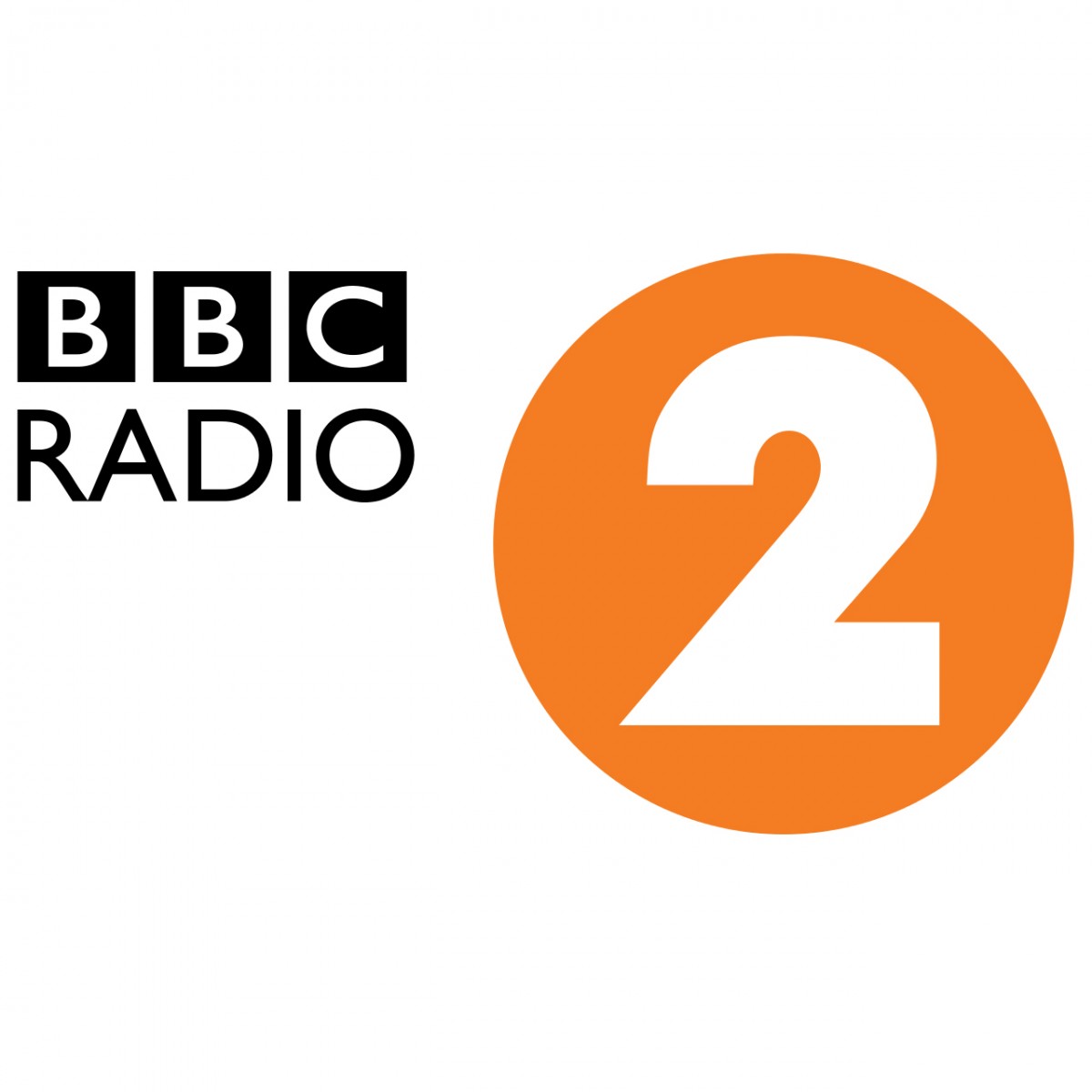
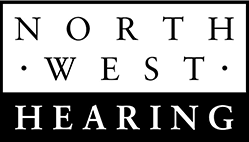

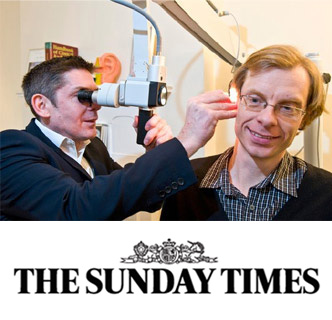

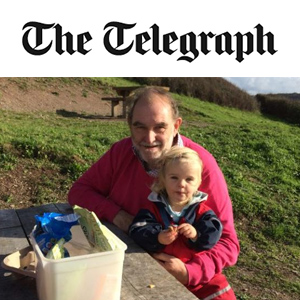

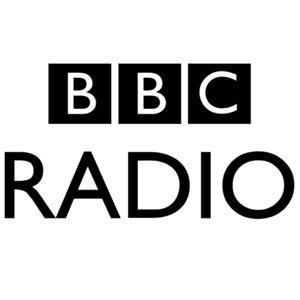
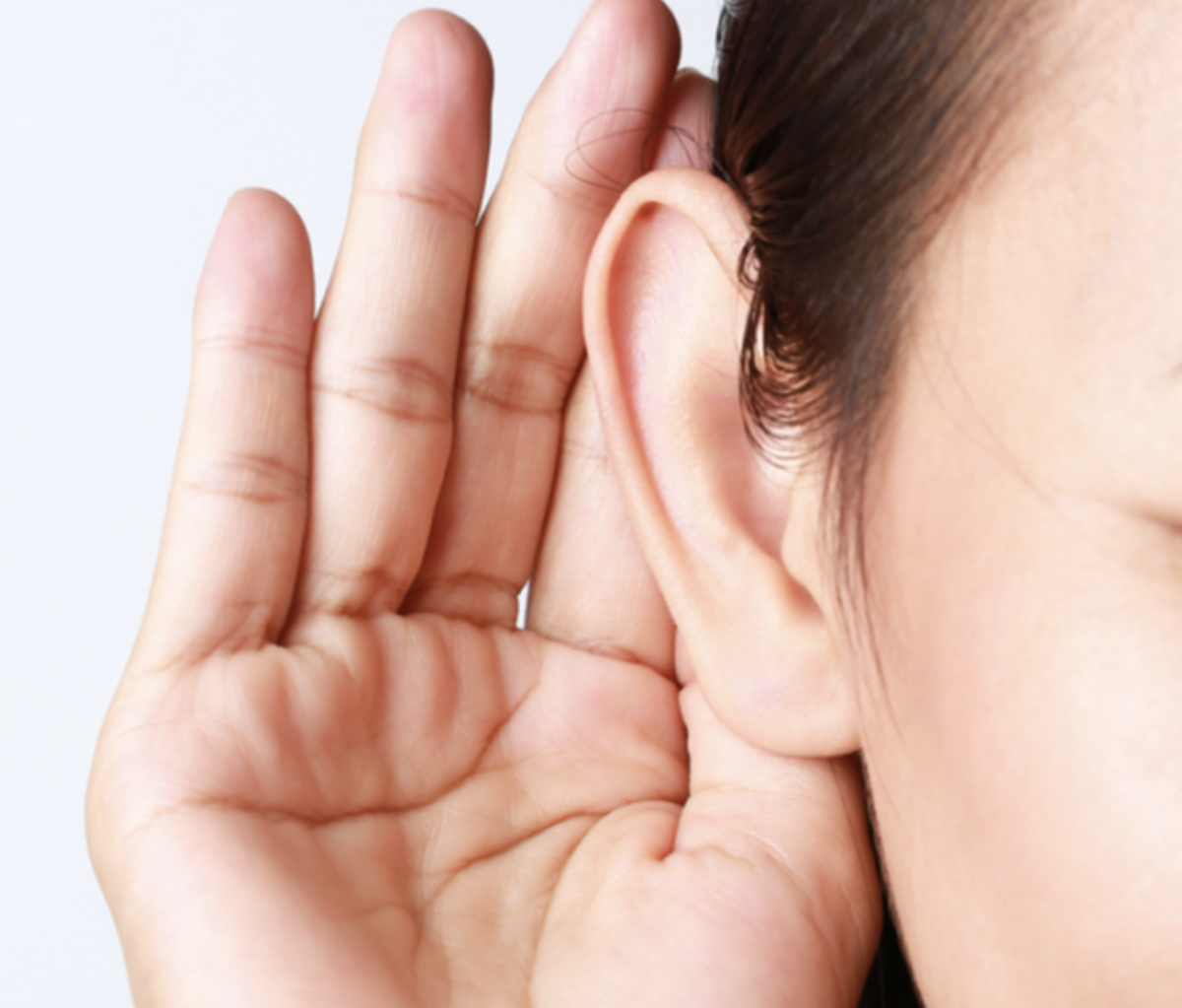

Recent Comments